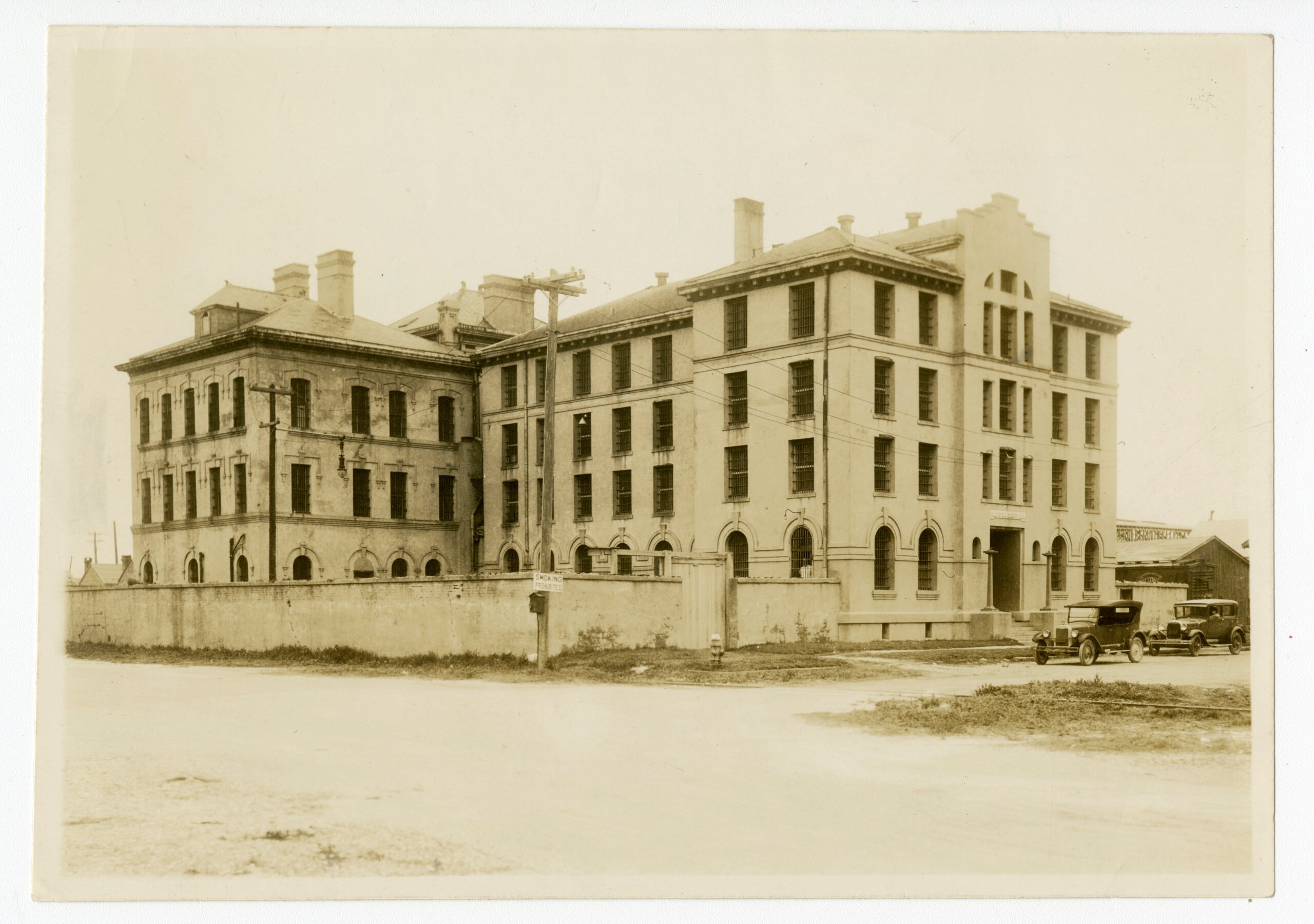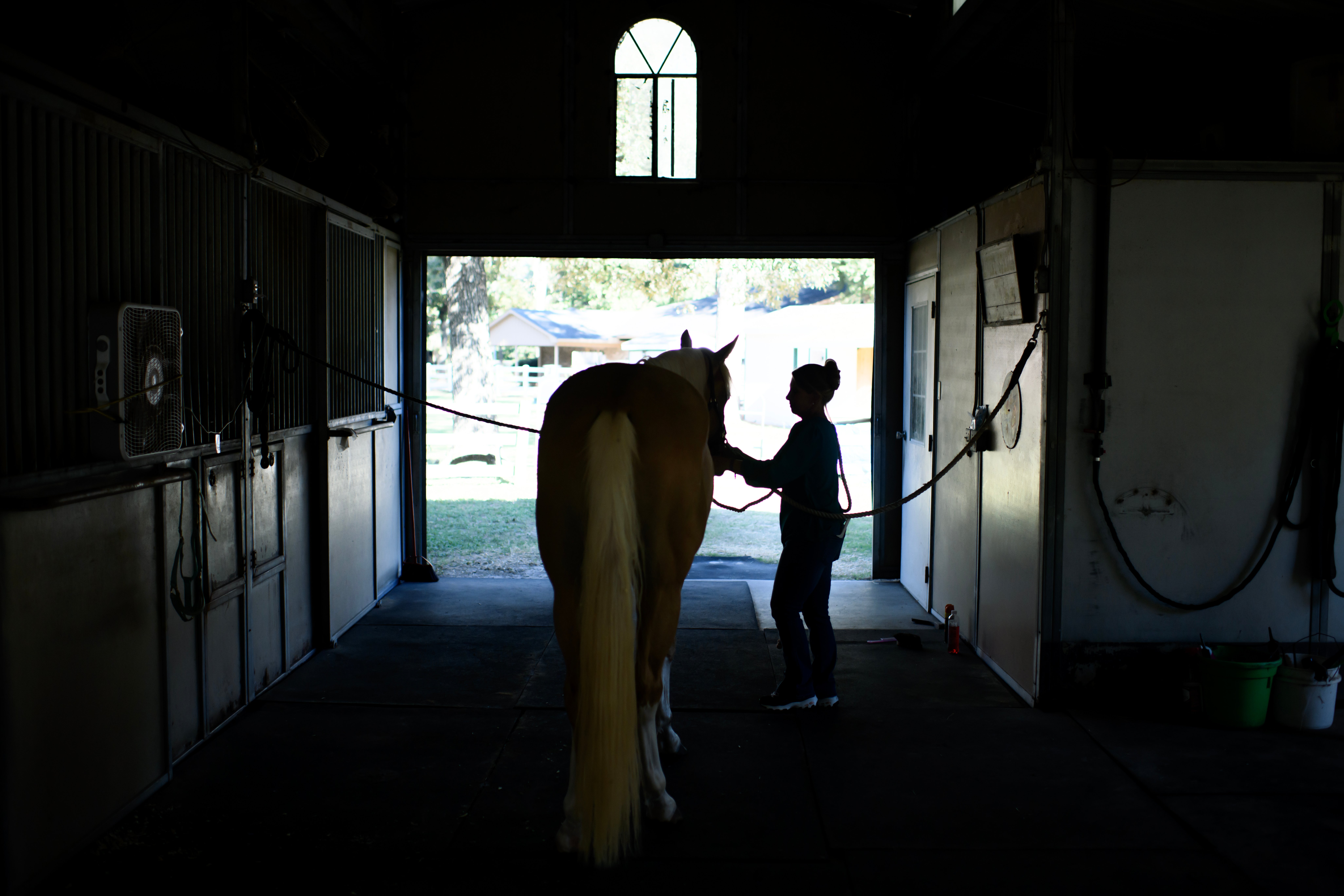Vouchers Return, Now With Even More Ideological Fury
Dan Patrick has made himself the flag-bearer for next session’s fight for school vouchers. The national momentum is on his side, but one thing hasn’t changed: it’s still a bad idea for Texas.

The Reveal
In late August, state Sen. Dan Patrick, a Republican from Houston who makes his living as a conservative talk radio host and has quickly become the leader of the Texas Senate’s tea party vanguard, rounded up a few of the nation’s best and brightest school choice advocates to testify before the Senate Education Committee.
Former Florida Gov. Jeb Bush, the country’s biggest advocate for carving off public money for online, private and charter schools, couldn’t make it, so the job of selling the committee on expanded school choice fell to Matthew Ladner, who works at Bush’s foundation and is a senior fellow at the industry-funded Texas Public Policy Foundation.
For the last 20 years, a legislator has introduced a voucher bill just about every legislative session. And every session the bill or bills have been shot down. This time around, though, Dan Patrick is vowing to change that. With a neat little trick of pre-session messaging, he’s bumped vouchers—and school choice, generally—straight to the top of the Legislature’s education agenda next year.
At last month’s hearing, Ladner—a native Texan who’s done work for a who’s who of national conservative groups, Heritage and ALEC—spent 45 minutes on a pitch for Florida’s McKay Scholarship program, which provides private school vouchers to special-needs students. He credited the program for improving test scores even for special-needs students who remained in public schools, and said it’s spurred the growth of new private schools to shoulder the new demand. After Lander deflected a few critical questions about the program, Sen. Kel Seliger asked him to describe what kind of criticisms had met Florida’s voucher scheme. Ladner paused for what felt like an excruciatingly long time, before pivoting away from honestly answering the question. “I would invite you to Google ‘McKay Scholarship problems’ and you could probably find people like that,” Ladner said. (Invitation accepted—the first hit I got was a June 2011 Miami New Times feature, “McKay scholarship program sparks a cottage industry of fraud and chaos.”) It was a close call—Ladner nearly got lured off his talking points and into actual human conversation.
In the eight-hour hearing, none of Patrick’s invited guests offered a critical take on vouchers. Each played their parts as wise men sent from afar to share the empowering message of school choice. Some said vouchers are great because they save the state money, while others said they let special-needs kids get the school that’s just right for them. No two kids are the same, they said, so why should the schools be? Uninvited guests from the public, who hadn’t been given public notice of the hearing until just beforehand, didn’t get their chance to speak till almost quittin’ time, in a hearing that started at 9 a.m. By then they’d enjoyed an hours-long performance of something like democracy, and the message was clear: If you’ve got a problem with education, these smart folks have your answer: public money for private schools.
The Setup
Voucher advocates have come a long way from 15 years ago. San Antonio mega-donor James Leininger waged a ham-fisted voucher campaign back then, bankrolling pet candidates for the Texas House—and even the State Board of Education, before realizing the board had no say in the matter. The last direct campaign contribution he’s made was $25,000 in May to try and re-elect state Rep. Sid Miller, who carried last session’s only voucher bill. But he still gives to the Texas Public Policy Foundation, which provides the intellectual support for the scheme. Tim Dunn, the oilman who runs a Christian school in Midland, also supports the voucher cause through his strong-arming advocacy group Empower Texans.
It’s a decades-long tug of war, with the same old arguments enthusiastically dusted off every few years as if they were new. You can trace vouchers back to 1955, when Milton Friedman wrote “The Role of Government in Education.” The tradition lives on in Texas as “Taxpayer Savings Grants,” a deal backed by free-market and tea party groups that they say will save Texas $2 billion over the first two years.
Arguments this time around from school choice opponents—teachers’ groups, parents’ groups and the Democratic establishment—will look about the same as in the past. “The more money you siphon away for these various profiteering schemes, the less money you have for the public schools,” says Texas State Teachers Association spokesman Clay Robison. There’s a more basic criticism of school choice: private schools, like charters, can pick the students they want and send the ones they don’t want—kids who cost more to educate, the ones who are more trouble than they’re worth—back to traditional public schools. In a voucher program, there’s even less accountability for that money than with charter schools.
And of course, the best private schools cost far more than the state would offer students in a voucher plan. If your parents can’t cover the difference, you’re not going to St. Mark’s or St. John’s or any other saintly house of college prep. You’re simply going to hope your state leaders were right when they promised the private sector can give you more education for less money.
As with school choice programs generally, research on vouchers is mixed—if you feel strongly one way or the other, big studies have been done that’ll back you up. A Brookings/Harvard study released last month shows how these are usually received: researchers claimed they’d found huge gains in college enrollment for African American students in New York City who’d gone to private schools with a private voucher program. The news was widely reported as proof of vouchers’ success. Then the National Education Policy Research Center, which takes a critical look at school choice programs nationwide, pointed out serious flaws that undercut the study’s most basic claims.
Each session voucher debates are colored with quotes from the latest research, but no great proof that vouchers improve education. They’ll resurface with a new twist, as a little pilot program, or as a grant for kids with special needs, and some have nearly passed. A voucher bill in the House came up just one vote short in the House in 1997. The Austin Chronicle covered one new scheme under the headline, “Vampire vouchers rise again!” That was 2005. Late that session, House Republican leadership tried to tuck a small voucher program for urban students inside the much larger Texas Education Agency sunset bill.
The Twist
Next year, the more extreme political climate could help Patrick turn history on its head. Five years ago Patrick danced around on the Senate’s far right fringe hoping for some attention; now he anchors the upper chamber’s hefty, vocal tea party contingent. The critical votes in past voucher fights have been rural Republicans, who don’t much care for vouchers because their districts don’t have private schools. Rural hard-liners could be pressed to either vote their ideology, for freeing the public ed market, or vote with their district where vouchers won’t help.
But the other big change this time around is the national momentum behind vouchers. Though even Democratic opposition to vouchers is shakier these days. Someone like Dan Patrick, who wasn’t in office for the nastiest voucher fights of the ‘90s and ‘00s, could look at the rest of the country right now and ask: Why not in Texas?
Vouchers dedicated to special-needs kids are one promising avenue for the school choice crowd. At a TPPF event last fall, Patrick said he had 4,000 autistic students in his district who weren’t getting the education they needed in public schools. “I would beg all teacher associations to let us give vouchers to students with autism,” he said. “We need to get the adults out of this. We need to get the hateful bias against vouchers and charters out of this.” Clay Robison at TSTA calls foul: “If Senator Patrick were so concerned for special needs kids, he wouldn’t have voted to cut 5.4 billion from public schools last year. Those special needs kids suffered from those budget cuts,” he says. “The ultimate beneficiary of the money is not the kids and the families. It’s the private school operators.”
From Florida, which has the country’s best-established voucher programs, other states have launched their own programs of varying sizes, including Arizona, Utah, Ohio and Georgia. Vouchers may not have gotten much traction here in Texas, but they’re gaining momentum nationwide.
In Louisiana, Gov. Bobby Jindal shepherded through what could be the largest voucher program in the country—if only more kids would sign up. Since it launched this year, it’s been criticized for its lack of oversight, the oddball things it’s paying for kids to learn in private schools, and even for the shocking realization that the religious schools it supports include Muslim ones, too.
The Payoff
At the Republican National Convention the week after the Senate hearing on school choice, Patrick told reporters that education—specifically, his pet notion of state funding to opt out of public schools—is the “civil rights issue of our time,” which gives you a sense of where his head is. You could be forgiven for thinking that civil rights are the civil rights issue of our time. (Patrick also used that line at the TPPF event in January.) Lieutenant governor David Dewhurst—still smarting from his U.S. Senate runoff loss to tea party darling Ted Cruz—quickly agreed that he’d back a voucher bill next session too.
Old opponents, like Diane Patrick, the Arlington Republican rep who was first elected on a promise to fight school vouchers, have said they’re on guard again for whatever voucher backers have in store. Sid Miller may be out of the picture, after losing his reelection bid, but the House still has members who’d be all too glad to make public education a private enterprise. Along with any number of voucher variations we might see, there’ll be a strong effort, as in last session, to eliminate or raise the statewide cap on charter schools, which is now at 215.
And school choice backers will find even more creative ways to push their cause. In late July, Weatherford Rep. Phil King told a crowd hosted by the Texas Public Policy Foundation that the public education system. “I am by no means an expert, but I do understand business…and I think this 40 year experiment of having the state and federal involved in running public education has really been a failure,” he said. The solution he and TPPF were peddling: an obscure, never-used option in the state law that lets local school districts turn themselves into charter schools. And next session, the House will be the less extreme of the two chambers.
At last weekend’s Texas Tribune Festival, Rick Perry declined to come out and say he’d make vouchers an “emergency” item next session, but Patrick’s maneuvering ensured they’ll at least be important business in the Senate.
“Legislatively, it’s very shrewd. Start early, and treat it as a priority,” says Kel Seliger. an old-guard Senate Republican from Amarillo who, like Patrick, is a top contender to chair the Senate Education Committee next session. Seliger says the fight is going to depend on the voucher scheme’s details—how much the state will spend on how many students, and what strings are attached to the money—not pure ideology. “It is going to be a longer discussion than some people think.”


